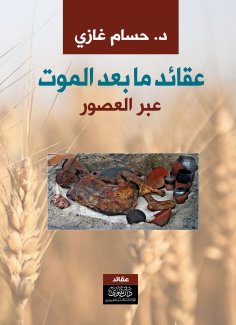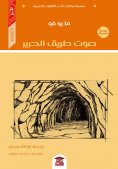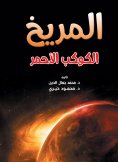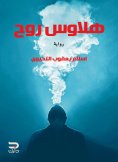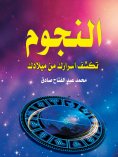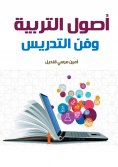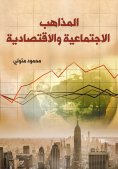Beliefs about the afterlife
Über das eBook
The earliest date for the emergence of humans—according to archaeological discoveries, anthropological studies, and the results of absolute dating—dates back to approximately two million years BC. This beginning has been documented through the remains of human skeletons found in numerous archaeological sites, along with stone tools deliberately made by humans and used in their daily lives. From both an archaeological and anthropological perspective, these discoveries represent the first beginning of the global cultural landscape, which is divided into two basic phases: prehistory and history. The invention of writing around 3200 BC is the dividing line between them. Consequently, our knowledge of the first phase is limited to the material artifacts uncovered by archaeological excavation missions, while our knowledge of the history phase is derived from material artifacts and written texts. Thus, this contradiction—with the exception of the heavenly—has been the greatest catalyst throughout the ages for the production of new concepts about the afterlife. All that humanity has agreed upon so far is that death is an absolute truth from which no being can escape. Yet, death has remained a perplexing mystery that has confounded and exhausted human thought throughout history, and the transition into the unknown remains a transition that humanity has yet to agree on a clear picture of. Dear reader, the picture we have painted above may not carry a negative or frustrating connotation—especially since we live in a world saturated with absorbing scientific and religious truths—but rather it may seem like an incentive to explore, with an open mind, the beliefs about the afterlife, from prehistoric times to living religions, so that we can understand where we stand in this regard. Thus, this book is a response to that goal.
Produkt Details
Verlag: دار نينوى للدراسات والنشر والتوزيع
Genre: Sprache - Sonstige
Sprache: ara
Umfang: 336 Seiten
Größe: 1,1 MB
ISBN: 9789933383381
Veröffentlichung: 31. Mai 2025
